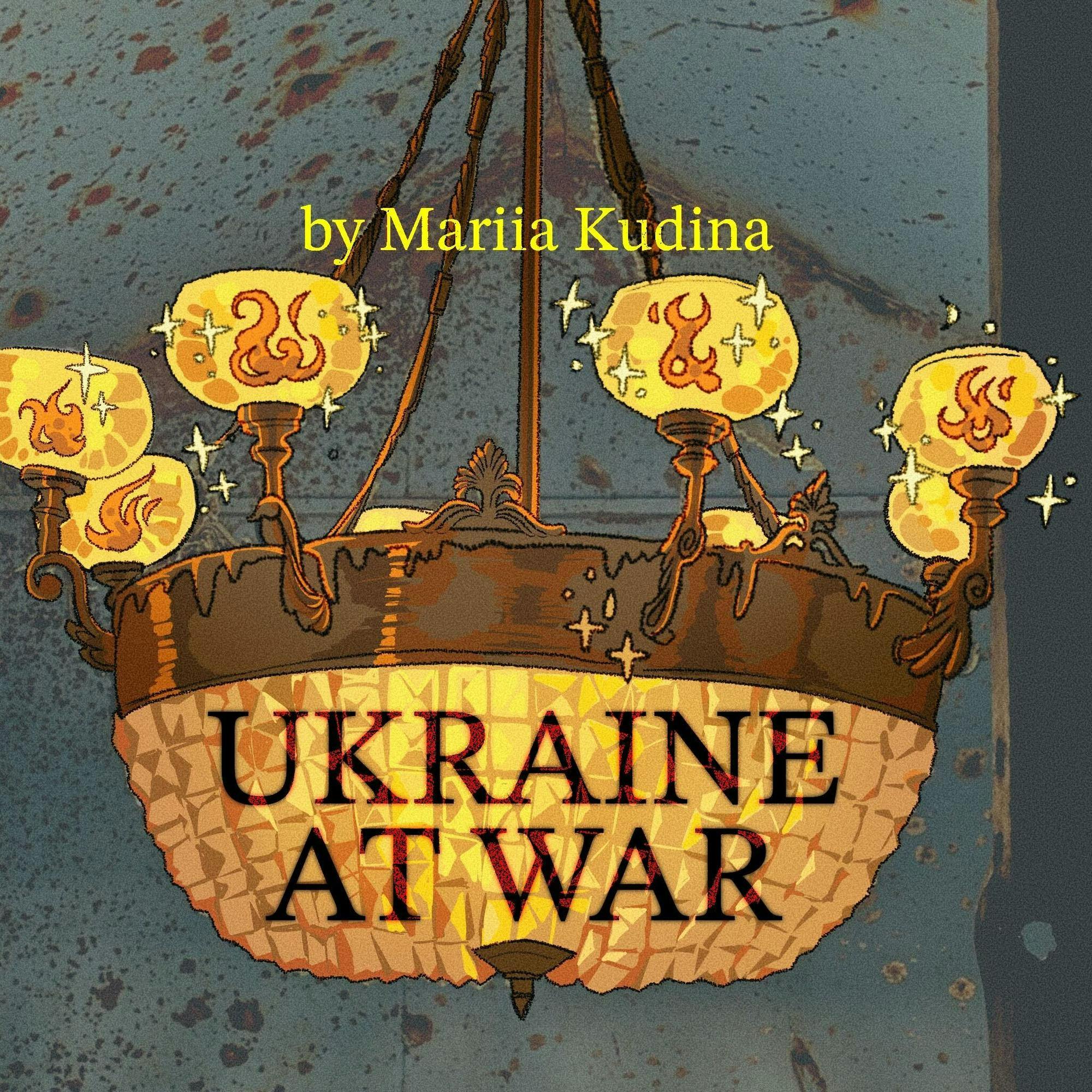I used to count the days since the start of the full-scale invasion. It seemed that such a brutal and bloody war could not last long and that the international community would soon find a solution to make Russian forces withdraw. I stopped the daily count sometime after the images from recently liberated towns around Kyiv and the news about the bombing of Mariupol Drama Theater were released in 2022. Though the world saw the atrocities of the Bucha massacre and the attack on the theater used as a shelter by civilians, including children, the war has only become more violent since then. This week marks 1000 days since the full-scale invasion, and after approximately 3900 days of the war, Russian attacks continue to intensify, increasingly targeting entire families.
On Nov. 11, a residential building in my home city, Kryvyi Rih, was once again hit by a Russian missile. The aftermath of this attack mirrors the events from early September in Lviv: One more father is left on his own after his wife and children were killed by Russia. I cannot find words to describe how I felt after seeing the news about the death toll and watching videos of the funerals. The look of despair in the eyes of the fathers as they bury their young wives and little children in Lviv and Kryvyi Rih is representative of the feelings of many Ukrainians who lost their loved ones in the war. How can one heal from this trauma knowing that Russia has not been punished for the civilian deaths?
In addition to the woman and her three children, among the 14 injured on Nov. 11 in Kryvyi Rih were at least two other children. The attack site is just a short drive away from my parents’ apartment. Yet even if my family lived in the western part of Ukraine and not in the southeast, which is 40 miles away from the frontline, there would be no safety guarantees, as Russia bombs the entire country. For instance, on Sunday, missiles hit a port city, Odesa, located on the coast of the Black Sea. Ten people died, and among 44 injured, four were children. On the same day, ballistic weapons killed two children in Sumy, a city in northeastern Ukraine, wounding at least 11 children and 84 adults.
Russia not only bluntly shells residential areas around Ukraine without hesitating to kill Ukrainian children but also kidnaps and tortures children in the occupied territories. The Ukrainian government reports that around 20,000 children were forcefully transferred to Russia or regions occupied by Russia, but in some reports, this number reaches as high as 300,000. The Kremlin reeducates and Russifies Ukrainian youth, stripping away their Ukrainian identity, which is a genocidal crime as defined by the United Nations. In his book “Intent to Destroy: Russia’s Two-Hundred-Year Quest to Dominate Ukraine,” political scientist Evgeny Finkel shares that during the early stages of the full-scale war, Russia went even further than stealing children from their parents and enforcing on them a foreign identity: “After the liberation of Kherson in southern Ukraine, Ukrainian authorities even discovered a special torture chamber for children,” Finkel writes, implying that Russian soldiers were abusing minors.
Targeting children, arguably the most vulnerable demographic, cannot be an acceptable way of leading a war in a civilized world. The global community has to hold Russia accountable for these war crimes. Issuing International Criminal Court arrest warrants for Russian President Vladimir Putin and Maria Lvova-Belova, Russia’s commissioner for children’s rights, is not enough. For Russia to feel the objection of global society now, stricter sanctions must take place, and the genocide that the country is conducting in Ukraine must be more widely acknowledged.






